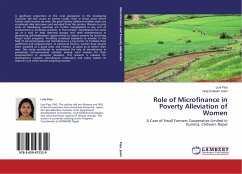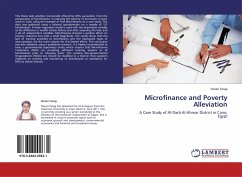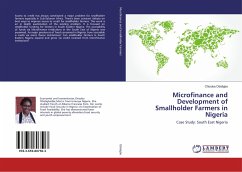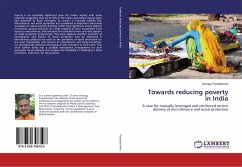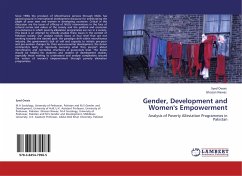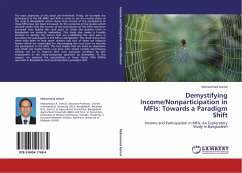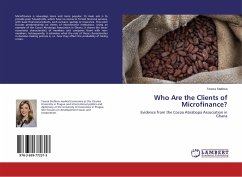A significant proportion of the rural population in the developing countries still lack access to formal credits. Even in those areas where formal credit sources do exist, the poor lacking collateral suitable assets are considered risky borrowers and excluded from the services. Women in rural areas of developing countries are further marginalized in any sort of involvements in economic activities. In this context, microfinance has come up as a tool to help deprived groups and small entrepreneurs in generating self-employment opportunities to reduce poverty by launching target credit programs. Providing sustained assistance to women in the field of microenterprises and microfinance is a key factor to facilitate their upliftment and empowerment. In enterprise finance, women have already been accepted as a good saver and investor, as good as or better than men. This study contributes to understand the role of microfinance in promoting entrepreneurial activities among rural women fortheir empowerment in economic decisions. This research is relevant for development workers, microfinance institutions and policy makers to improve rural credit services targeting women.

